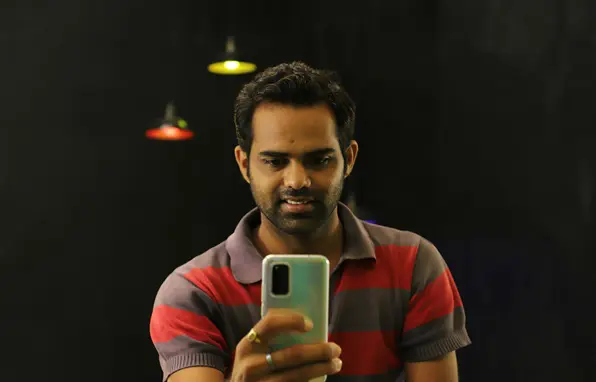Financial Habits for First Time Employees
15 AUGUST 2023
In this article, we will cover money matters we all wish we had when we first started working full-time and managing a steady monthly salary. Think about this blog post as your older sibling who has a few years of work experience. It will cover money matters we all wish we had when we first started working full-time and managing a steady monthly salary. When you’re done reading, you’ll know a few new fancy money terms and you’ll be in a better place to start your money journey.
Think about this blog post as your older sibling who has a few years of work experience. It will cover money matters we all wish we had when we first started working full-time and managing a steady monthly salary. When you’re done reading, you’ll know a few new fancy money terms and you’ll be in a better place to start your money journey.
Starting your first full-time job?
By the time you’re signing that contract, you probably already have a bank account. However, is that bank and/or account right for you? We bet you’re now wondering if there’s a wrong way to have a bank account – and oh yes there is!
The bank you choose should fit your lifestyle and financial profile; you have to take many factors into account. A few things to consider include:
- Fees and rates. How many withdrawals, deposits, etc. do you get free in a month? Can you afford the fees?
- Banking technology. Does the bank have an App, online and cellphone banking or would you need to visit a branch often?
- Location of ATM and branches. When walking around in your area, do you see many of their ATMs?
We’ve all heard about budgeting. But what is a budget?
A budget is simply a spending plan that takes into account both current and future income and expenditure. With a budget in place, you can keep track of your spending and save money for the future.
Creating a budget helps you make sure you have money to buy the things you need and want. Keeping to a budget or spending plan can also assist you with avoiding debt.
Unfortunately, most people start their full-time employment journey with debts such as study/student loans. When it comes to debt, the main thing is to keep to the repayment agreement. Skipping payments or paying later than the agreed terms may lead to a bad credit record very early in your money management journey.
There is budgeting, and then there’s including savings in your budget.
Welcome to adulting! The more independence we gain, the more prepared we need to be for emergencies.
An emergency fund serves as a financial safety net for unforeseen events and/or costs. Emergency reserves should hold three to six months' worth of costs. However, after the devastation brought by COVID-19, some financial experts say our emergency reserves should have enough to cover at least a year’s worth of costs.
Let’s talk insurance.
A contract between a person and an insurance provider shifts the risk of financial loss to the insurer. They take tiny amounts from customers and pool them together to cover losses.
When you start working, think about what you need this sort of protection against. The first consideration could be insuring your health. Given our public health systems, access to private health care is always a welcomed option. If your health is sorted then the next consideration could be ensuring your income - that’s known as an income protection plan. In the event that you experience a sudden loss of your job, you’ll be covered for the agreed amount of months.
Other types of insurances as a new full-time employee can include:
- Life insurance
- Personal Accident Plan that will cover disability
- Car insurance
What’s this credit score everyone keeps going on about?
In the eyes of lenders, your credit score is just a number over your head that tells them how much of a risk you are. There is a range of 0 to 999 for your credit score. A credit score of at least 650 is seen as good.
In order for you to start building this score, you need a record of how you behave when you borrow money from lenders. This behaviour is what determines your score. The easiest way to build this score is through a credit card. However, credit cards when used irresponsibly can cause more harm than good. Stay on top of it by making on-time payments, paying more than the minimum, only using the credit you need, and monitoring your credit. Make sure your credit card use is helping - not hurting - your credit score. You can also check your credit score for free online.
This last one will sound strange because you’re only just starting your full-time employment journey.
Think about your retirement right away!
The goal of a retirement plan is to provide security and peace of mind throughout your post-retirement years. Small monthly contributions go into an investing account, where they assist to increase your funds over time. Once you retire, you may count on that money to support you for the rest of your life. Think about it, the sooner you start contributing to that, the bigger the amount there will be to work with later.
As promised, you now know a few new fancy money terms and you’re in a better place to start your exciting new journey of full-time employment and managing a monthly salary.
Good luck, and remember to make good money choices.



